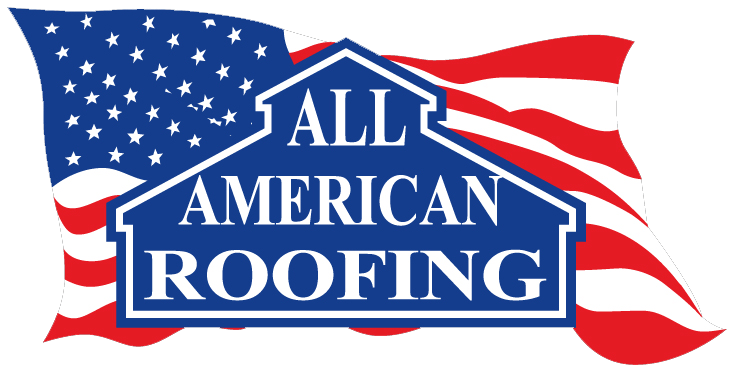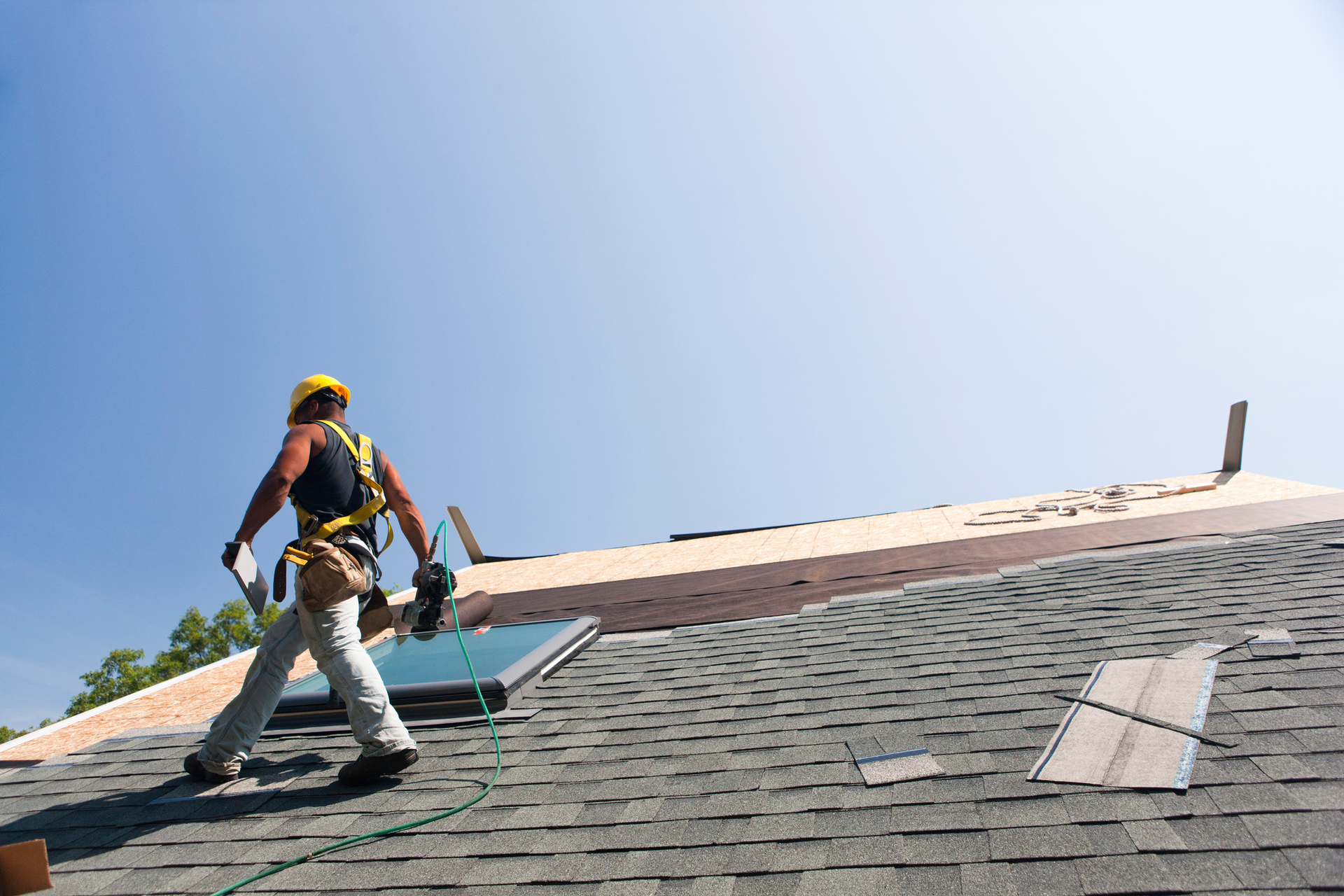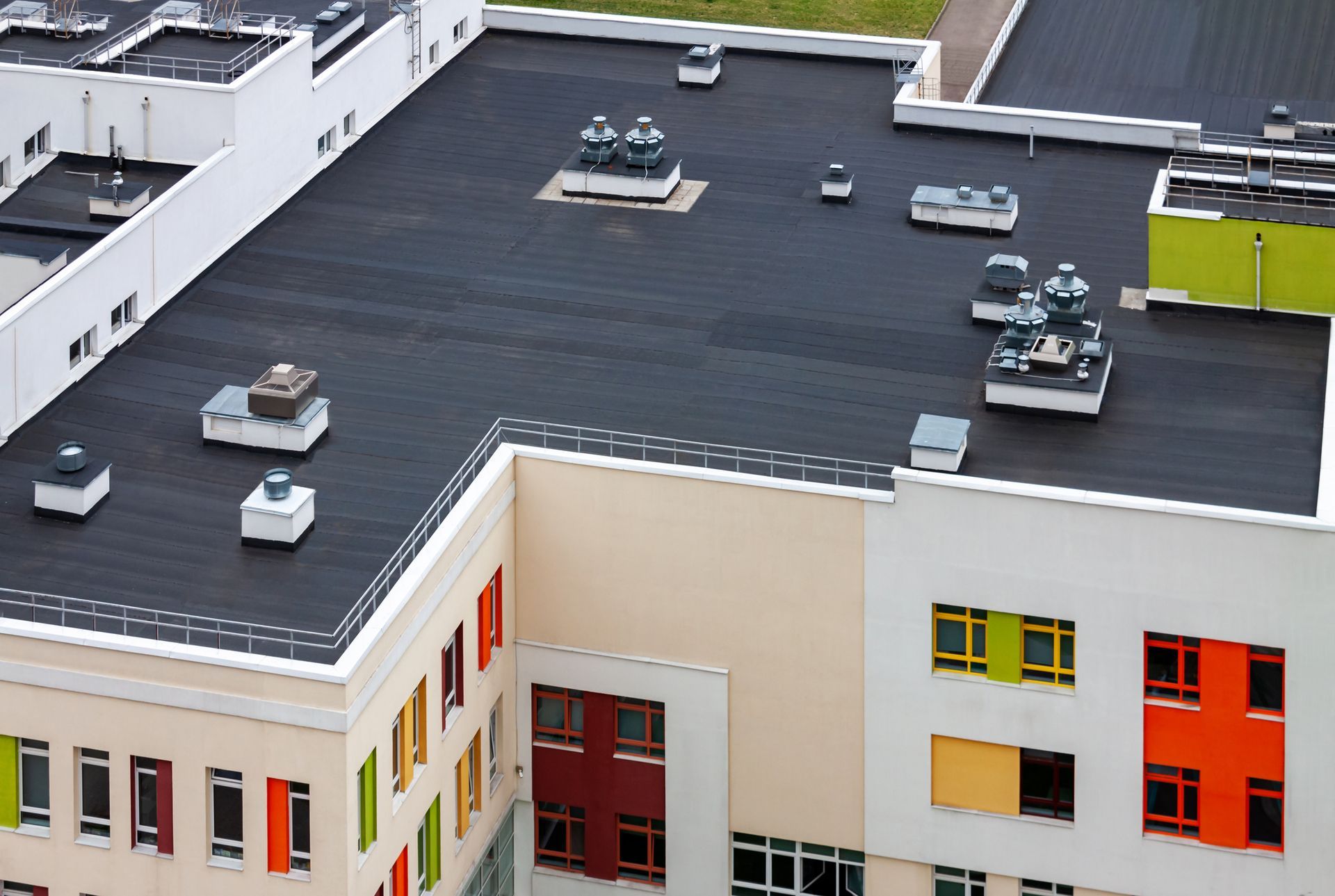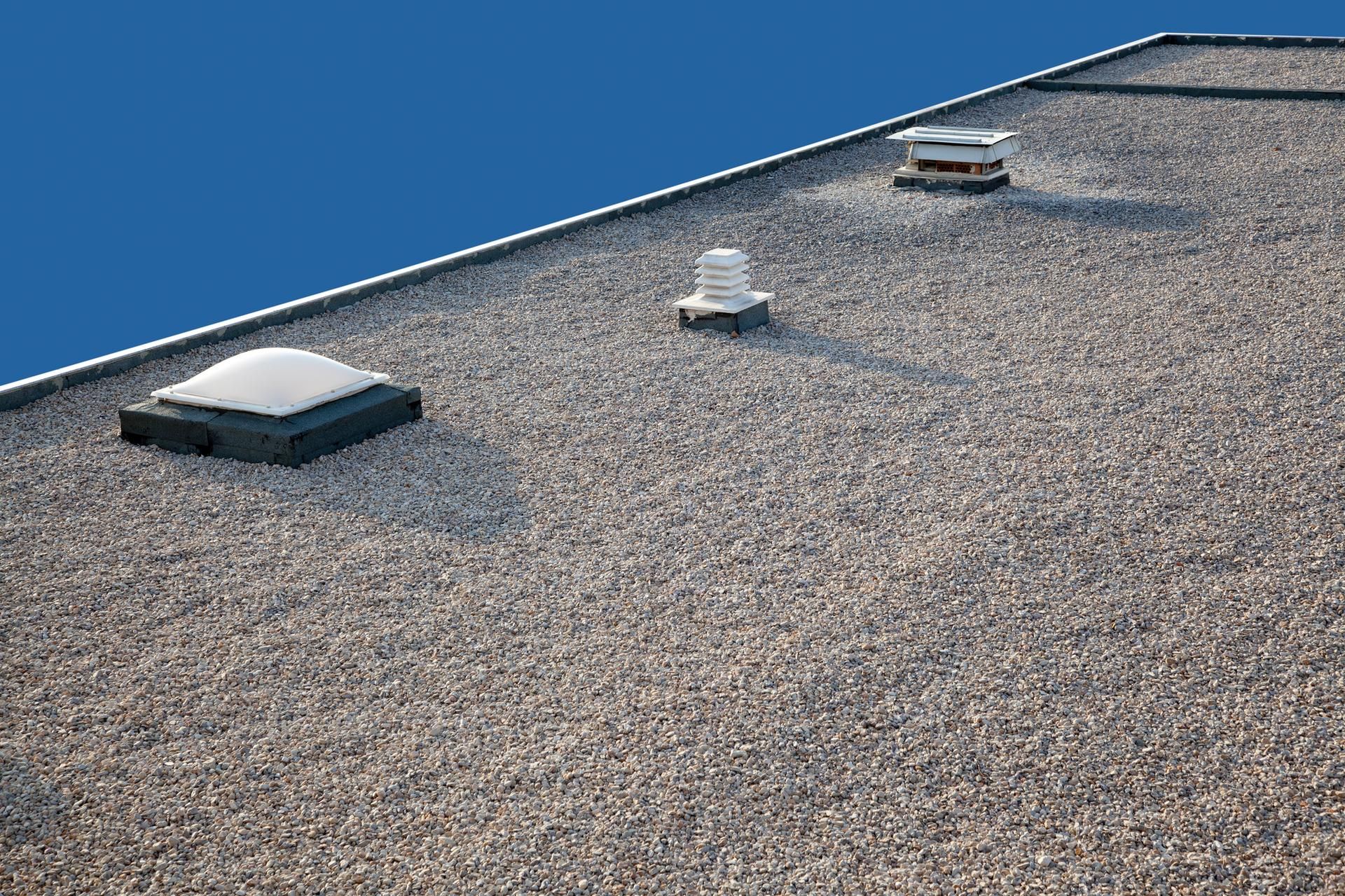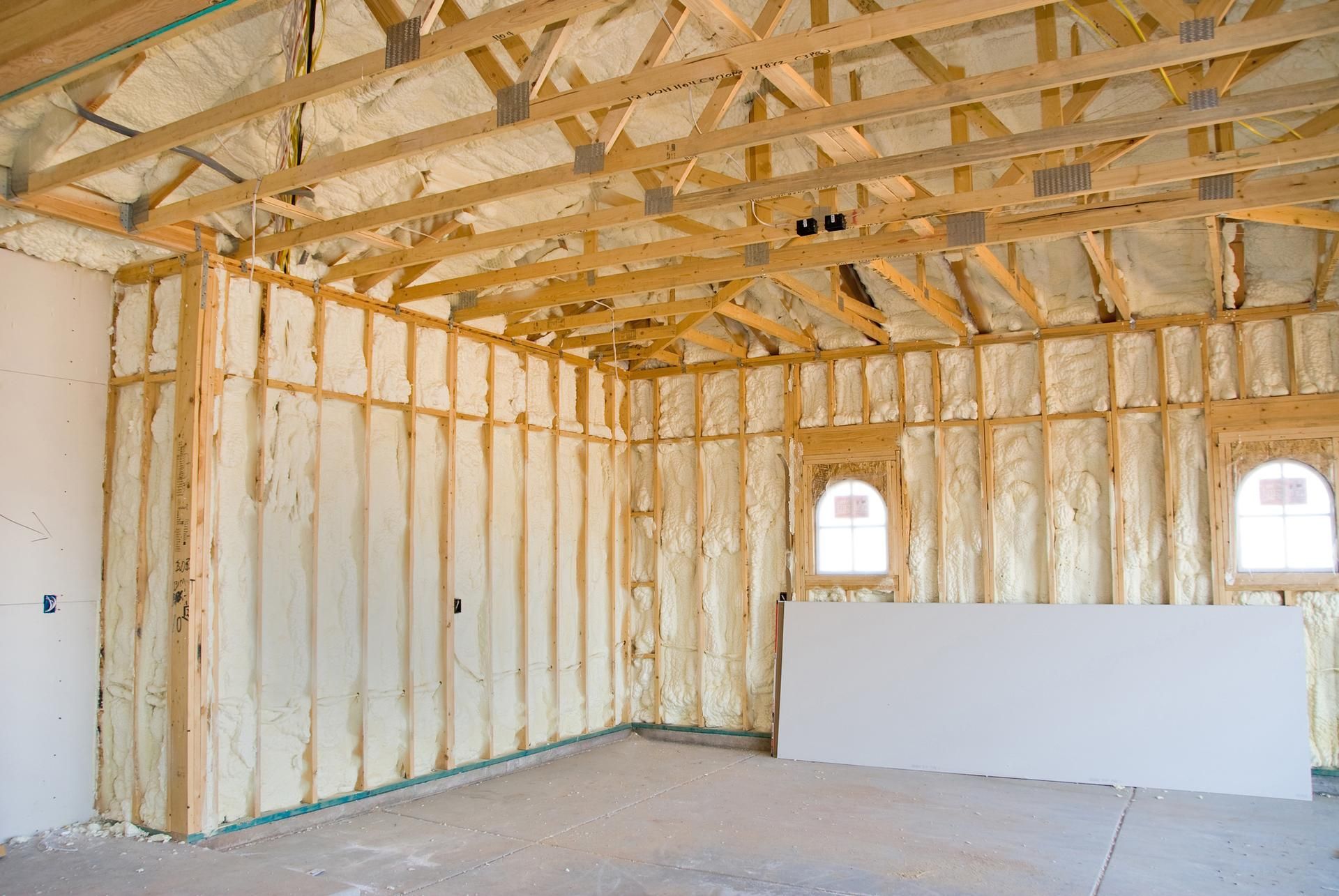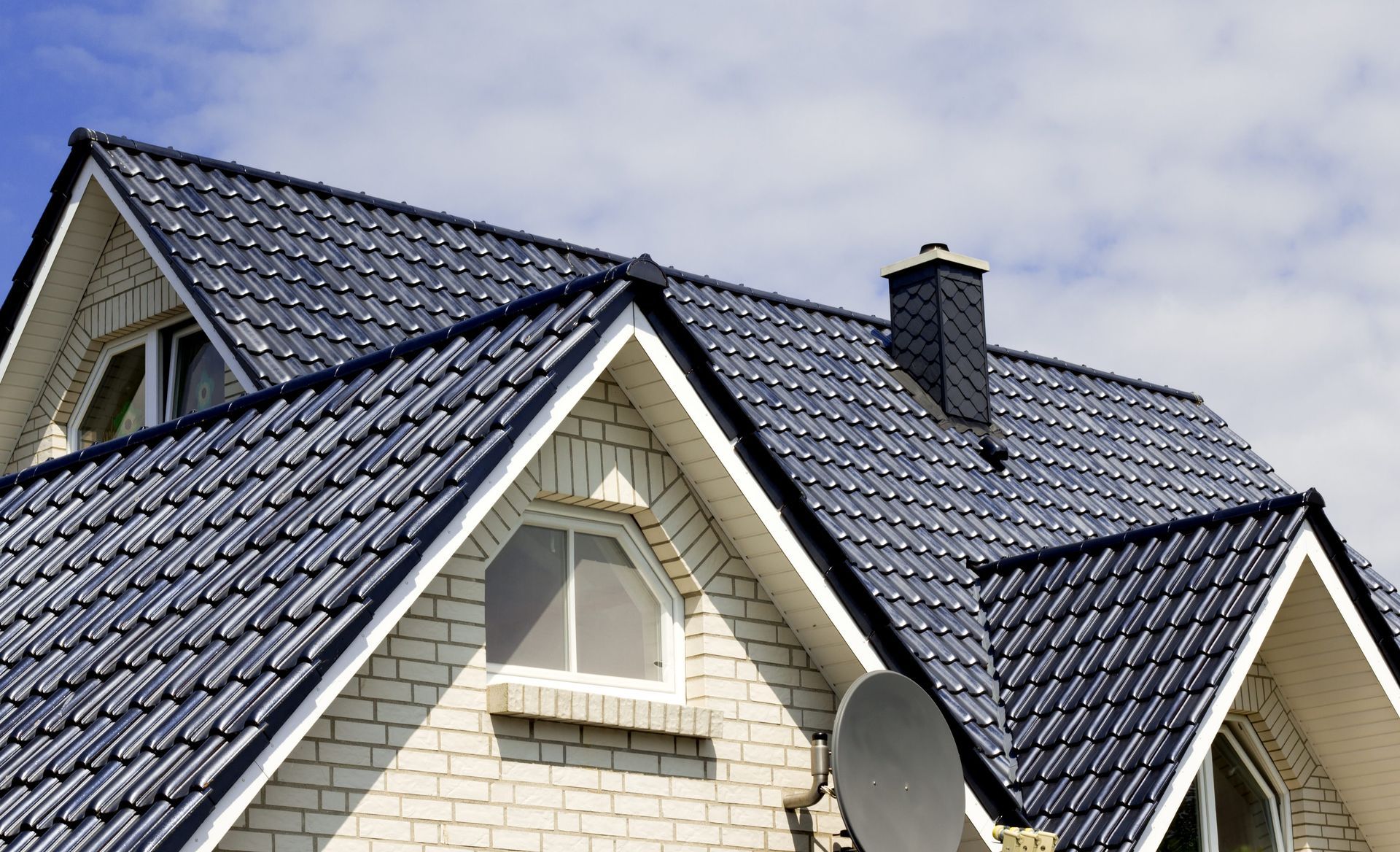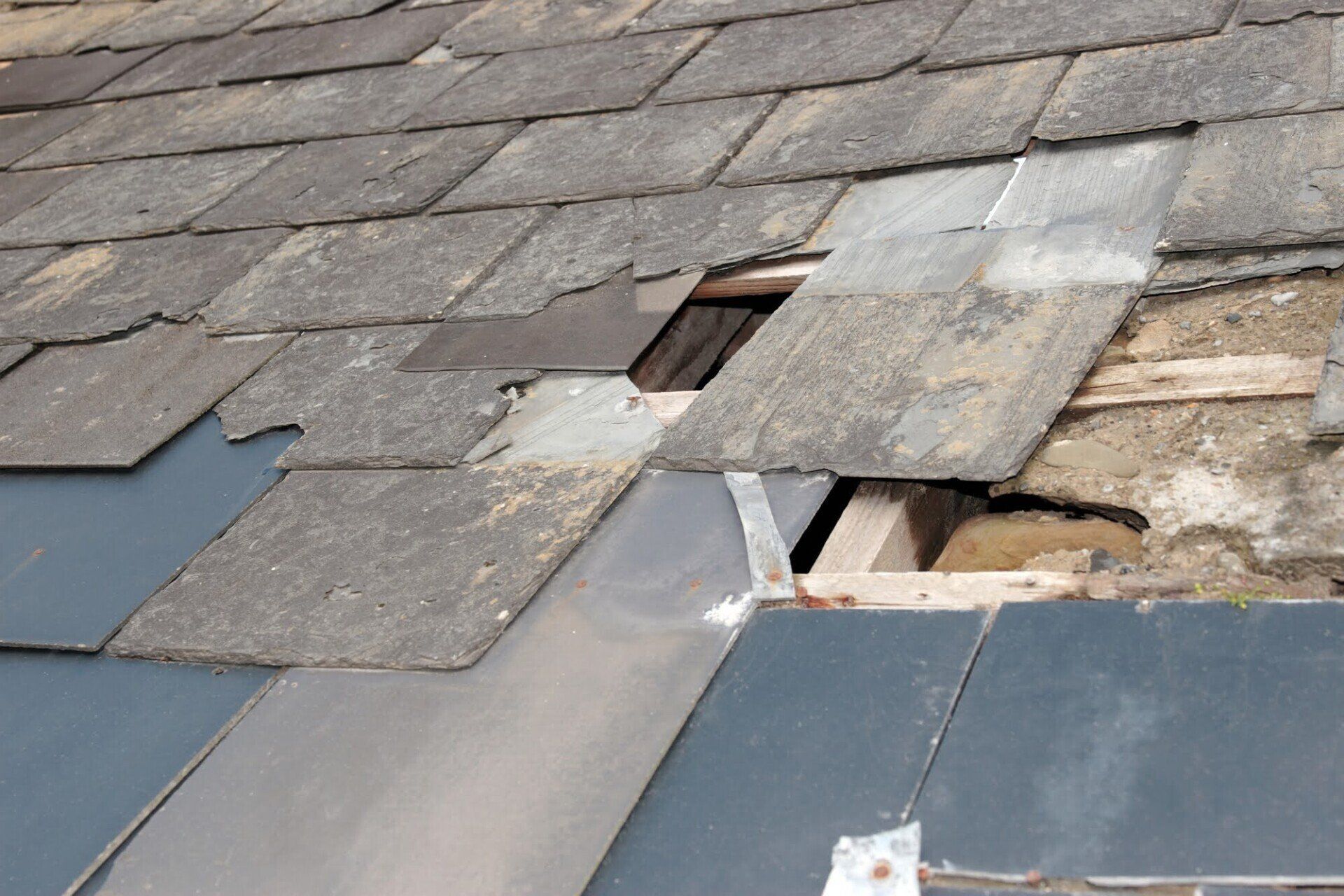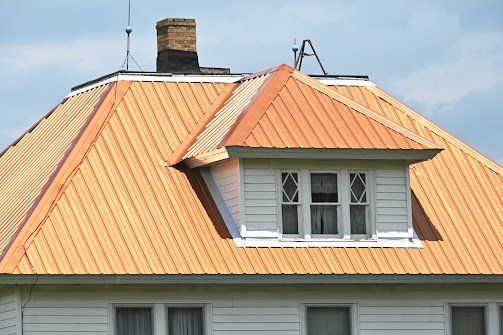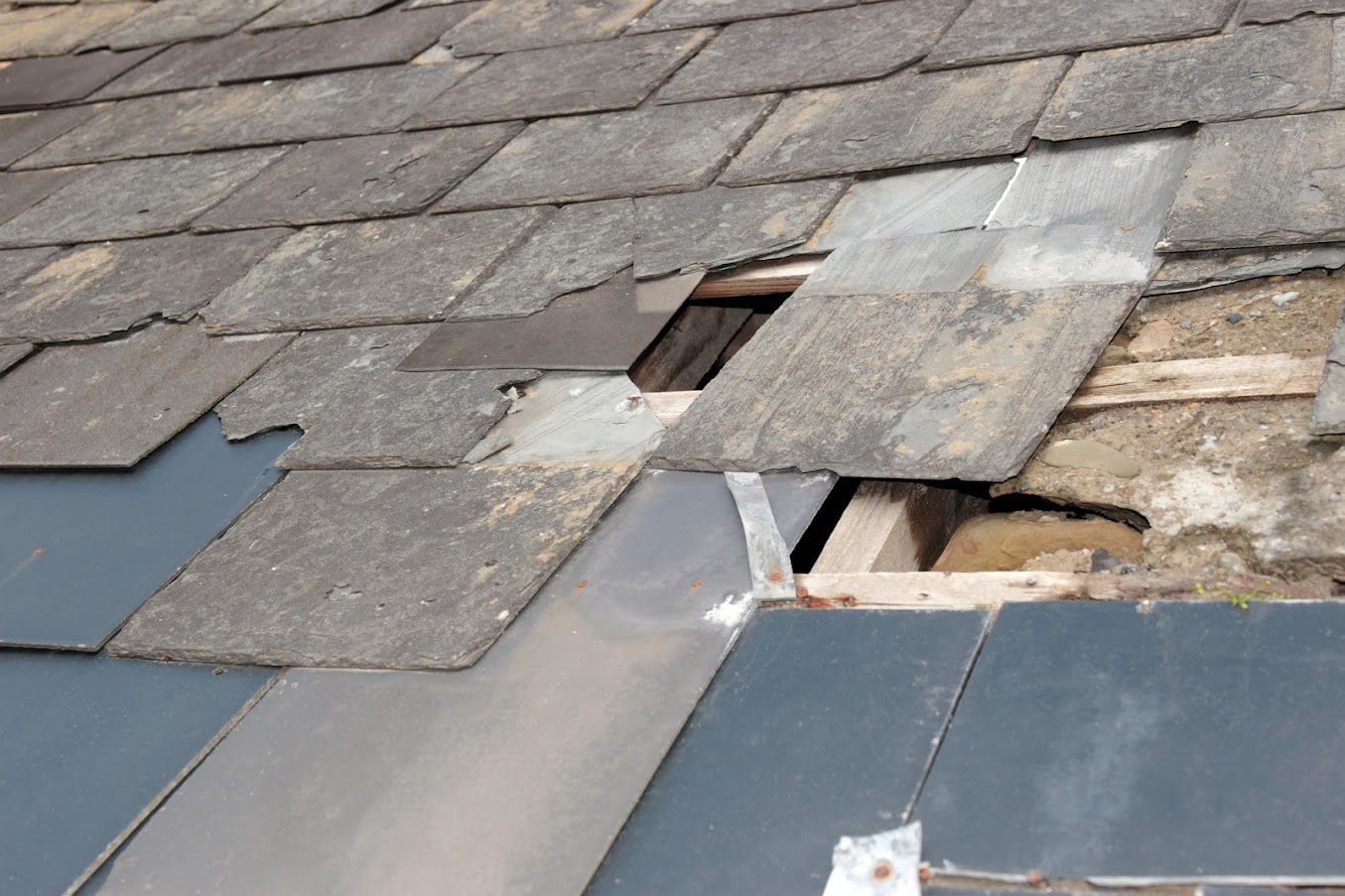4 Common Causes of Roof Fires
A roof fire is an event no homeowner wants to deal with but is a scary possibility. Roof fires usually spread quickly to the rest of a house and often cause serious injuries. The cause of fires on the roof can be several things, both inside and out.
Luckily, if you use the correct clearance and preventative measures, you can reduce the risk of fire breaking out in your roof. Awareness is critical to avoiding the causes of roof fires and protecting your property.
Below are some of the most common causes of roof fires that you can look out for.
1. Faulty Wiring
Faulty wiring in the attic space is often the culprit with roof fires. Faulty wiring can cause roof fires if it's too close to combustible materials, light fixtures, or an overload of circuits.
You should also be on the lookout for a flickering bulb or a light that won't turn on. Dimming lights can signify burned wires in your attic, potential fire hazards.
Have your attic wiring regularly inspected to prevent roof fires, especially if you live in an older home. Wiring in old homes tends to heat up fast and catch fire. However, even newer homes aren't immune to faulty wiring issues.
2. Fire-Prone Roofing Material
You cannot stop lightning strikes and wildfires. But you can protect your home by installing fire-resistant roofing materials.
Roofing materials fall under different fire retardant ratings known as classes. Understanding the fire ratings will help you choose the suitable fire-resistant material for your roof.
The ratings include:
- Class A - Class A roofing materials have the highest fire resistance. The roofing materials can last 2 to 4 hours before ignition. Class A materials include concrete or clay tiles, fiberglass, asphalt composition shingles, slate, and metal.
- Class B - Class B roofing materials with moderate fire resistance. The materials can last 1 hour before ignition. Examples include pressure-treated shakes and shingles.
- Class C - Class C roofing materials have light fire resistance. The materials can last 20 minutes before ignition. Examples include Particleboard, Plywood Sheets, Wood Shingles, and Cedar Shakes.
3. Uncleaned Chimney
Creosote build-up is one of the most common causes of roof fires for houses with chimneys. Creosote is a byproduct of combustion that builds up inside your chimney over time. Too much creosote in your chimney increases the risk of a chimney fire significantly.
Creosote will most likely spread through the rest of your roof, causing a house fire.
Have your chimney cleaned and inspected annually to prevent chimney-related fires. Or you can have the inspection done more often, depending on the frequency of use.
4. Dirty Roofs and Gutters
Dirty roofs and gutters can be a fire hazard. The fire can ignite from stray sparks and embers when debris falls on your roofs during hot and dry summers.
Roof and gutters can harbor flammable materials, such as leaves, pine needles, and sticks. The longer the items sit on your roof or in your gutter, the drier they become. The dryness makes the debris more combustible.
Regular roof cleaning prevents leaves or other debris from accumulating on your roof. If you have trees near your home, trim back any overhanging tree branches.
Fire poses a direct threat to the lives of anyone in the home and often results in catastrophic losses. Potential fire hazards are conspicuous. If you want to ensure your roof doesn't catch fire, start looking at the above causes. You can minimize the occurrence of a roof fire by taking all proper precautions and contracting a licensed roofer. If you detect a fire on your property, don't hesitate to call for assistance from local fire departments and emergency services.
Contact us for roof replacement, repair, or re-roofing.
